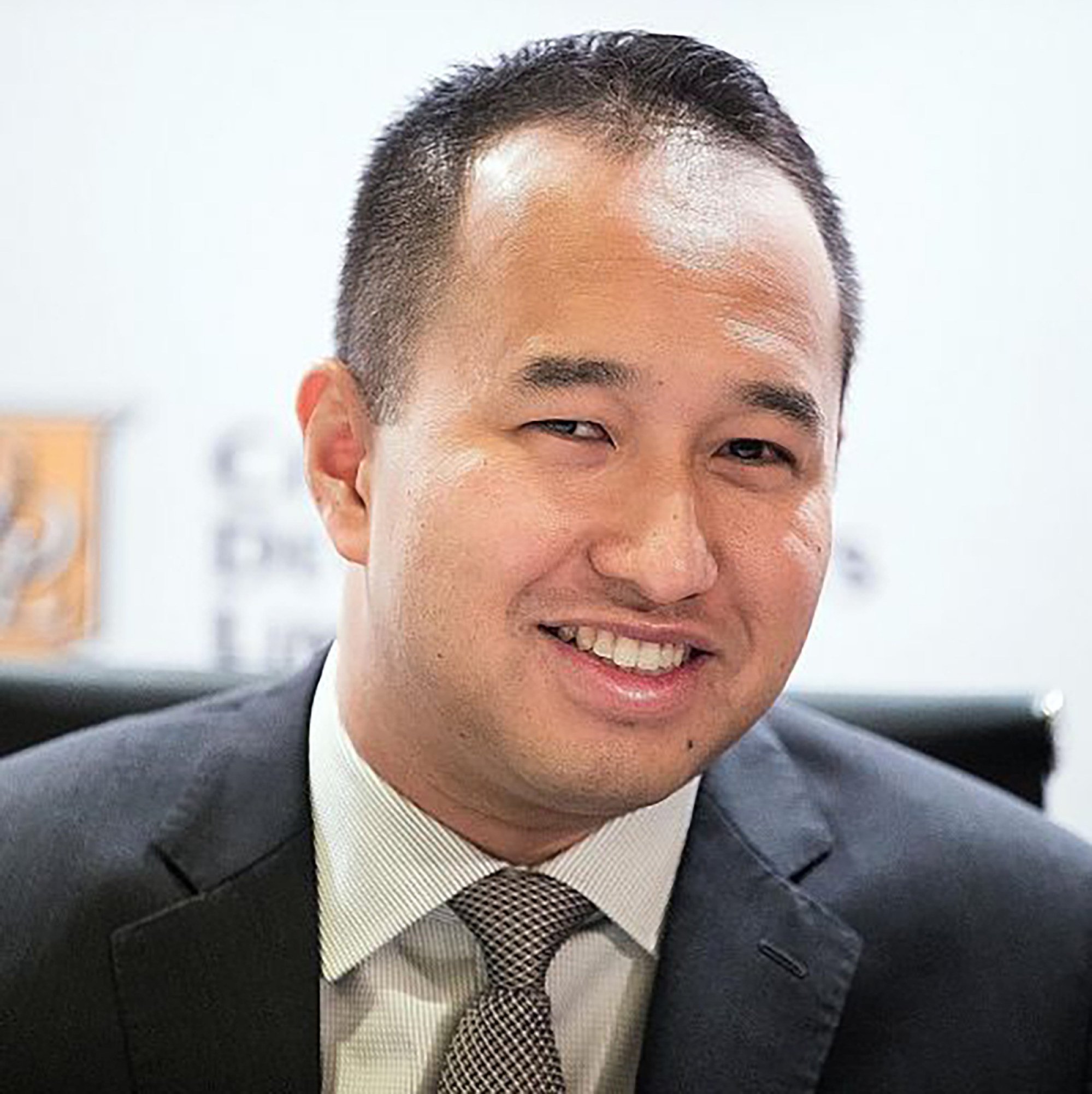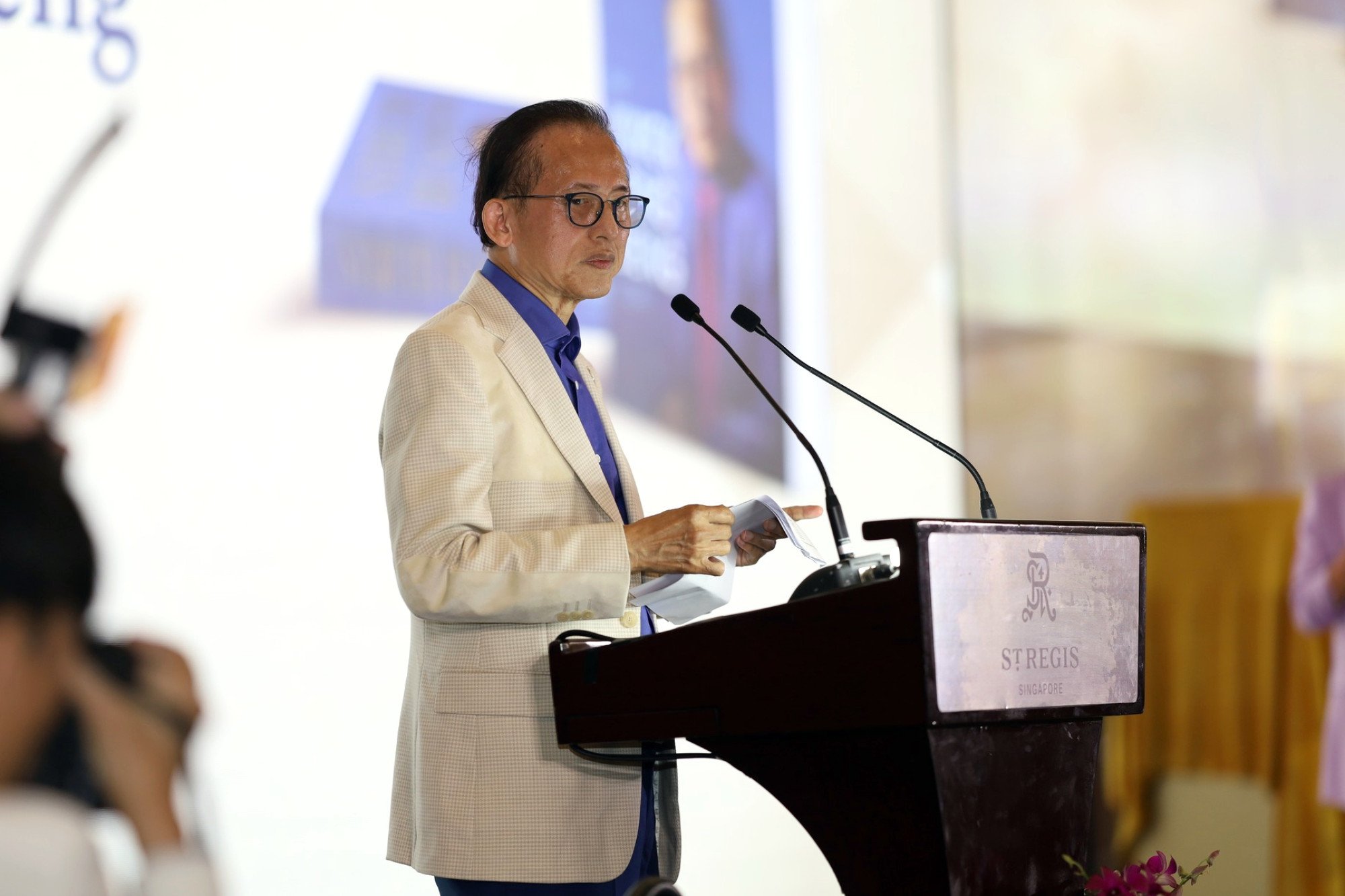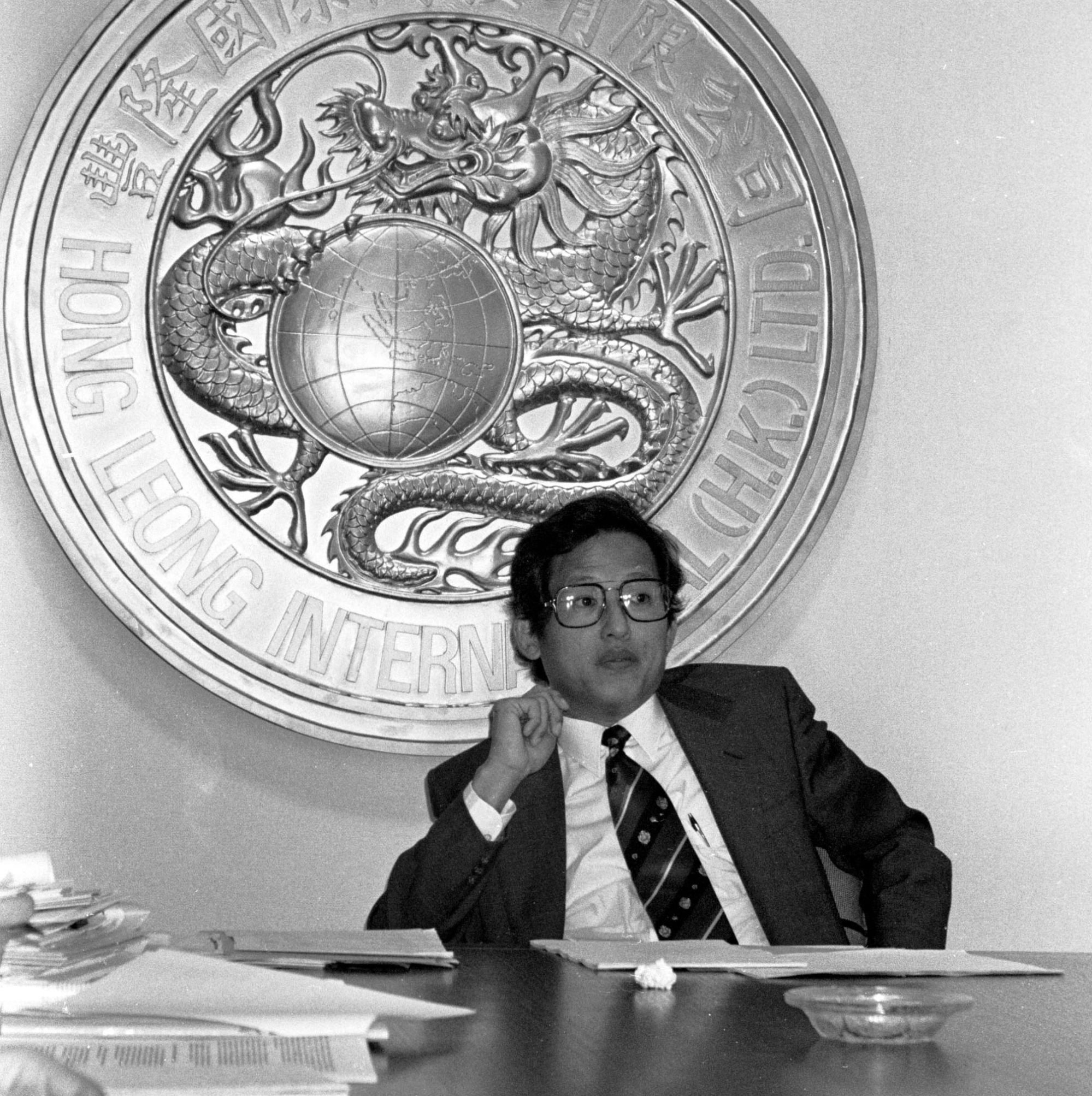How CDL’s China expansion during Covid-19 led to a ‘shock’ split within Singapore tycoon Kwek Leng Beng’s family
[ad_1]
From only three cities, CDL would suddenly be in 20 cities, with a pipeline of development projects in mostly Tier 1 and 2 cities. Sincere had a development land bank of 9.2 million square metres (99 million square feet) in gross floor area across 64 development projects spanning 18 cities in mainland China.
Kwek shared his son’s vision and idea. “It was Sherman’s desire to get this platform so that we can extend in China,” he said. He was introduced to Sincere founder and leader Wu Xu, and came away impressed.

He recalled: “Sherman and I met him and he brought us about Shanghai. We saw the way he operated, his best connections, his business acumen. We were impressed. Put it this way, I knew that what we would do with him would be very impressive.”
Both Kwek Leng Beng and Sherman Kwek even used the same phrase repeatedly to describe these landmark purchases: “With a stroke of a pen, we could …”
In May 2019, CDL said it was taking a 24 per cent stake in Sincere for 5.5 billion yuan, or S$1.1 billion (US$820 million) then. It was CDL’s single largest investment in China to date.
Sherman Kwek said at the media briefing: “This transforms our company especially in China, where it was very painful for us for the last seven to eight years to buy one project at a time … Now we can seriously bulk up on scale and grow with our partner with the necessary expertise on the ground.”
At the same time, CDL announced that Sherman Kwek was appointed to the board as an executive director, joining his father and his uncle Kwek Leng Peck.
It was going swimmingly for the young Kwek. “Being a Top 100 developer in China, Sincere would have been our key platform of growth there and I had plans to eventually rename it as CDL China,” he said.
China property crisis will need more than ‘simple policy’ solutions: experts
China property crisis will need more than ‘simple policy’ solutions: experts
As CDL conducted due diligence into Sincere, the Singaporeans discovered that the Chinese firm was in a worse financial state than they had expected. Like most developers in China, Sincere was heavily leveraged. Its net gearing was already at 200 per cent in May 2019, and as China walked into the Covid-19 crisis in early 2020, Sincere got more desperate. Its debt load was S$6 billion.
Instead of being frightened off, Sherman Kwek saw an opportunity. He wanted to wrest control of Sincere at a better price than what was agreed in 2019. The 2019 deal was not completed as Sincere had not satisfied certain conditions. “I felt that we could save it and turn it around, then China would be one of our biggest markets,” he said.
He put forth a package for CDL to acquire 51.01 per cent, more than double the 2019 deal, at a cheaper price of 4.39 billion yuan. It also included a call option that CDL could exercise to buy an additional 9 per cent interest in the firm for 770 million yuan – the same valuation. Together, CDL would then hold a 60.01 per cent stake in the firm for a total of 5.16 billion yuan.

In early 2020, this proposal was put to the CDL board for approval. The cracks became evident during the meeting – about three hours long, shared Sherman Kwek – when various concerned directors debated the issue vigorously. In the eight-person board, with Sherman Kwek choosing to abstain because he had proposed the project, it came down to a narrow vote in favour of acquiring Sincere.
In April 2020, the announcement was made. In a statement to the Singapore Exchange, CDL made clear it was taking advantage of a distressed sale, saying: “Given the adverse impact of the Covid-19 crisis and the global uncertainty, CDL has taken the opportunity to negotiate new terms for its investment into Sincere Property, which are significantly improved over the terms announced last year.”
Sherman Kwek said it was a “game-changing investment” and that he was very optimistic about the tie-up between CDL and Sincere. “1+1 can be bigger than 2,” he said.
But analysts quickly wondered aloud if CDL was “throwing good money after bad” since the deal was delayed and Sincere’s steep valuation discount.
China’s property crisis also hitting Southeast Asia, regional body says
China’s property crisis also hitting Southeast Asia, regional body says
By then, there was almost no chance of CDL putting in more money, director Philip Yeo said. “Without the three lines, we could have meandered through,” he said. “It reached the point when it was not possible to save Sincere.” The CDL board began to waver, with the thin majority about to give way.

Trouble was also brewing behind closed doors within the Kwek clan, whose Hong Leong Group holds a controlling stake in CDL. Several were not in favour of the Sincere deal and wanted to cut their losses, which amounted to S$1.8 billion including investments and loans made to Sincere.
Letters were sent to both Kwek Leng Beng and Sherman Kwek, demanding that the Sincere deal not go through. To force the issue, CDL director Kwek Leng Peck surprised his cousin and nephew by resigning from the board in October 2020.
While relations between them had been strained for months, neither executive chairman Kwek nor CEO Sherman Kwek expected him to quit a position he had held for more than three decades. “We didn’t know he was resigning and it came as a shock to everyone,” Sherman Kwek said.
It did not help that Kwek Leng Peck put in writing that he was leaving because he did not agree with the board on the group’s investment in Sincere and its management of its hotel business. This was not a friendly exit. It was hostile.
As expected, it grabbed media attention immediately. The Business Times in Singapore called it “one of the most stunning” developments in CDL’s history. Bloomberg said it was “a rare moment of public discord” in the Kwek family, a dynasty which the Bloomberg Billionaires Index ranked as worth US$16.5 billion in 2020.
Cecilia Kwek, the wife of Kwek Leng Beng and mother of Sherman Kwek, did not mince her words in her first public comments on the incident. “It hurt my husband, it hurt my elder son, it hurt me. It was a big letdown,” she said. “They did not hold our hands.”
[ad_2]
Source link


